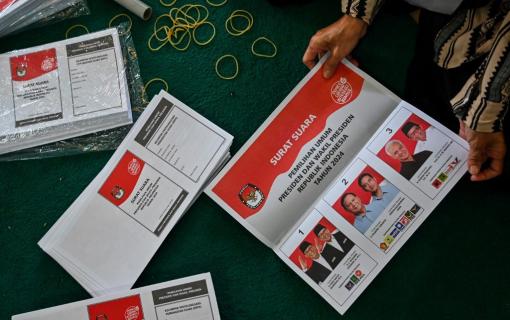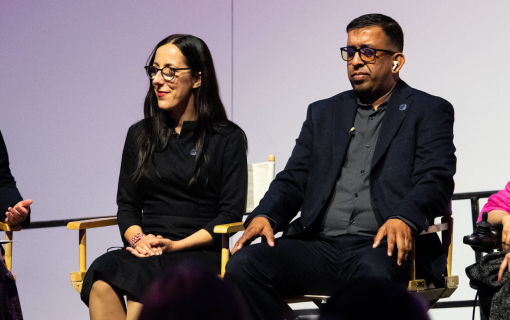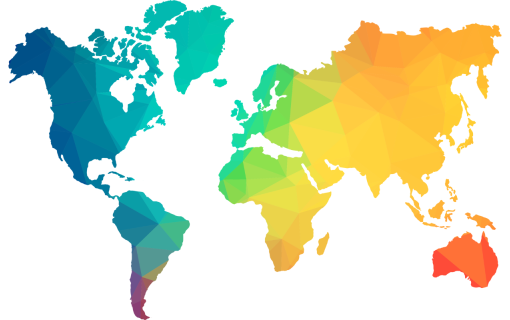Accessible Elections for Persons with Disabilities in Five Southeast Asian Countries
Southeast Asia is home to an estimated 90 million persons with disabilities, 15 percent of the region’s total population. They face many barriers in their daily lives. None more so than when it comes to exercising their most fundamental right as citizens. All too often, persons with disabilities are not included in the political lives of their country on an equal basis with others.
Access to the political process gives people with disabilities a voice in their communities. However, polling stations are often located on upper floors and staff are not trained to assist them. This does not just happen on Election Day. In the run-up to elections, persons with disabilities often cannot access voter registration information and many are prevented from registering, let alone casting their ballots or gaining valuable education on choices they will make at the polls.
This report is the first systematic attempt to gather data on election access from Cambodia, Indonesia, Laos, the Philippines and Vietnam. The report reviews – for persons with disabilities – existing legal frameworks, challenges and barriers in exercising political rights and participation; best practices and innovations; and examples of how disabled persons organizations have been involved in electoral issues.
This report was prepared by the General Election Network for Disability Access (AGENDA) partners, including IFES and the Center for Election Access of Citizens with Disabilities (PPUA Penca).









